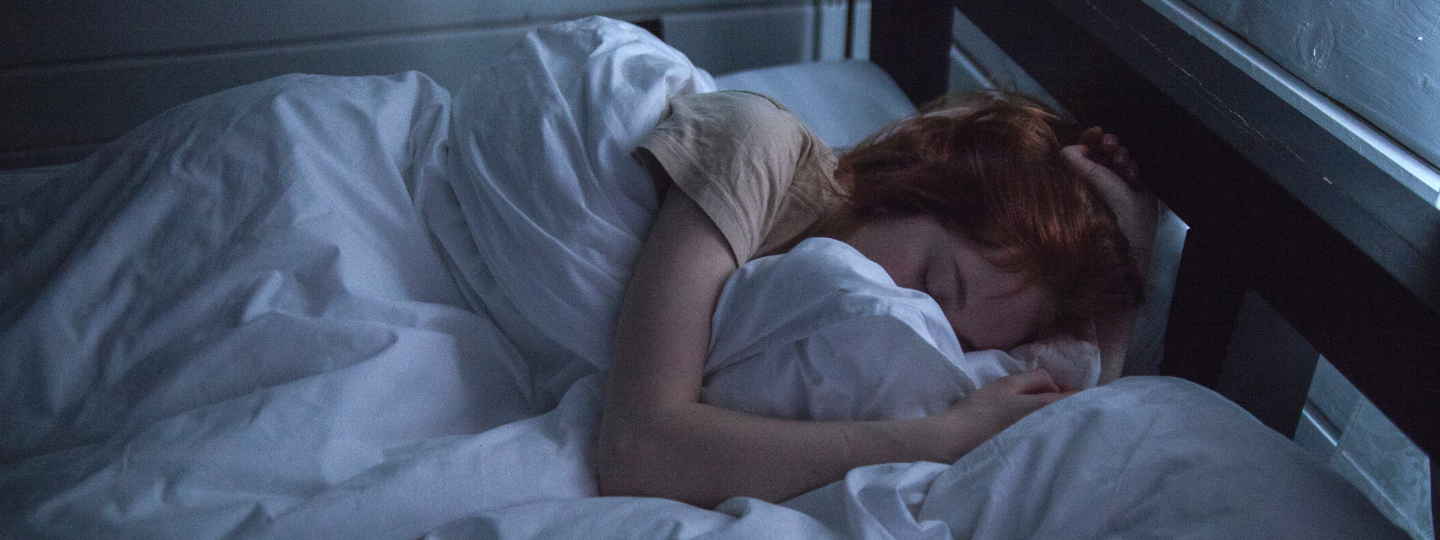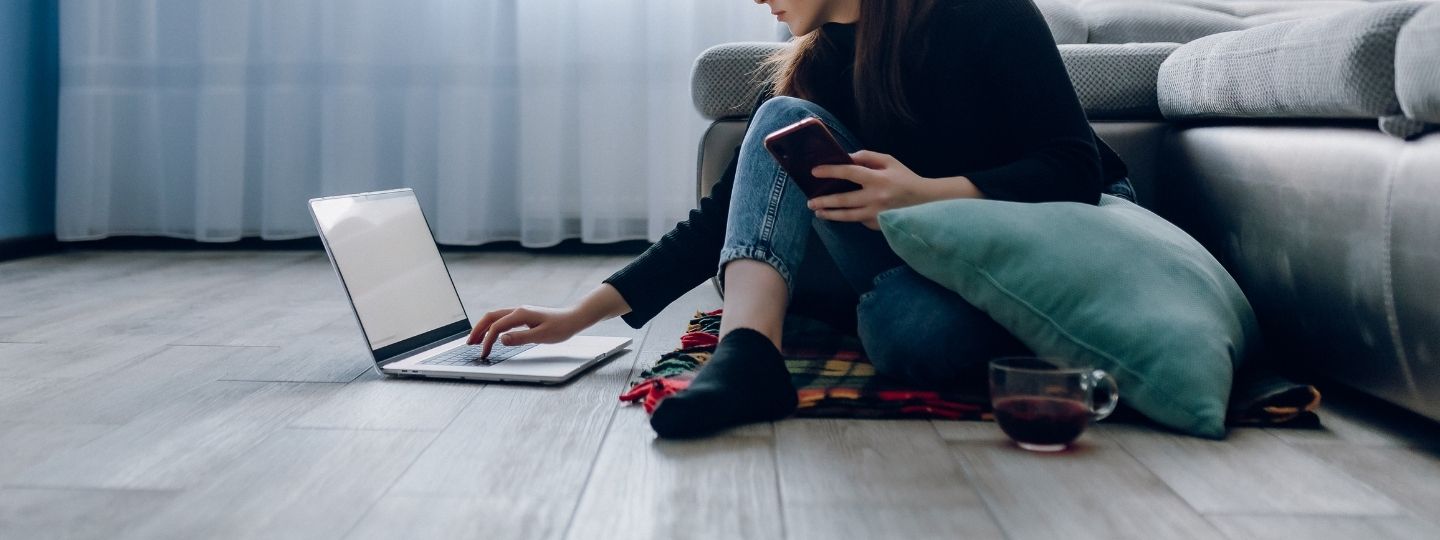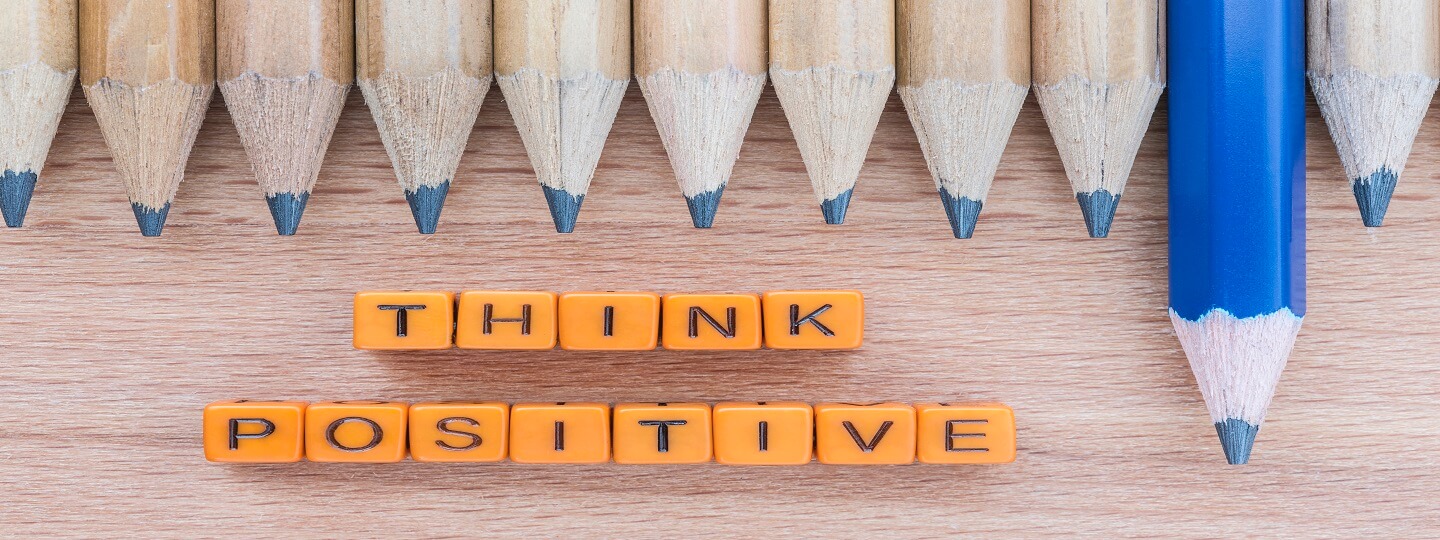Jigsaw Youth Advisory Panel member Josh, talks to Jigsaw Clinician Jen about ways to manage anxiety.
Brings categories: a young person
Sleep and mental health
We all need our sleep. Regular, long stretches of undisturbed quality sleep is essential for our mental as well as physical health.
“Sleep is the single most effective thing we can do to reset our brain and body health each day”, according to Professor Matthew Walker, neuroscientist, and author of ‘Why We Sleep’.
Many of the young people who attend Jigsaw face-to-face services report sleep difficulties as one of the issues they are facing.
In this article, you will learn:
- How does lack of sleep affect your mental health
- What might be getting in the way of a good night’s sleep
- Tips for getting more sleep
How much sleep do young people need?
Our sleeping rhythms and needs change as we get older. Although we may feel we can manage with a certain amount of sleep, there are recommended times for overall health.
Teenagers need between eight to ten hours sleep a night, though they are more likely to get around seven. Adults require a bit less; between eight and nine hours. These guidelines may seem ambitious, or even unrealistic. But sleep is essential for your health and for cognitive functions like learning.
Research has proven when school start times are put forward to allow students to get more sleep, it leads to an increase in academic performance. In a 2018 study, a Seattle High School delayed its start time by an hour and saw a 4.5% increase in the median grades of the students. It also saw an improvement in attendance.
It is possible to sleep too much (over ten hours regularly). Find out the right amount of sleep for you within these guidelines to feel rested when you wake.
Gaming and my mental health – Mike’s story
Mike Edgar, 22, a Jigsaw volunteer gives his story on gaming: I’ve been playing video games, in some form or another, for as long as I can remember.
Some of my earliest memories include me begging my siblings for a turn playing Pokémon or getting a new PlayStation 2 for Christmas and then beating my entire family at Tekken (I’m still proud of that).
Mental health apps
The App Store or Google Play host thousands of apps claiming to help people with their mental health.
With so many to choose from, it can be hard to know where to start, or which to trust.
What are the best mental health apps?
At Jigsaw, we are often asked which are the best apps for anxiety, or what ones we would recommend. Research and evidence are important parts of our work so we can really stand behind what we say.
To ensure we recommend safe apps to use, we embarked on a review project with funding from ESB Energy for Generations,. The aim was to identify apps that might be helpful to young people in managing their mental health.
Relaxation for mental health
How many times have you heard the words ‘just relax’. Sometimes it’s easier said than done.
It can also be quite annoying to have someone telling you to relax, when there seems to be a lot on and out of your control.
But often, life can be so busy we forget to take a break and step back. It’s not unusual to have several things on our mind all at once.
Things like exams, family, friends, finances, and the future can feel overwhelming. Feeling stressed or tense can be a signal to take a break and have some downtime. Relaxation is important for our mental health.
In this article, you will find:
How do I recognise signs of anxiety?
Josh and Jen discuss how you can recognise the signs and symptoms of anxiety.
Studying at home
Uncertainty around exams and missing out on experiences has left many young people feeling frustrated. Many students can find themselves procrastinating or losing sight of their end goals.
Take comfort in knowing that learning how to self-direct your study is a skill for life.
Below, find a helpful conversation between Evelyn O’Rourke from RTÉ Radio 1 Drive Time’s Study Hub and Jen Trzeciak, eMental Health Manager at Jigsaw, about ways for students to stay motivated to study in a time of uncertainty around exams and school.
Here are some more strategies to help you stay motivated when studying from home:
Social anxiety in college
Jess seeks advice from Conor on feeling lonely in college.
When is stress good and when is it bad?
Sinead, a Jigsaw Clinician, talks to Josh, one of our young volunteers about stress; when it can be good for us, and when it can become a problem.
How to practice gratitude
Alan, Jigsaw clinician, talks about positive thinking, having a balanced perspective on life and how you can practice gratitude.









